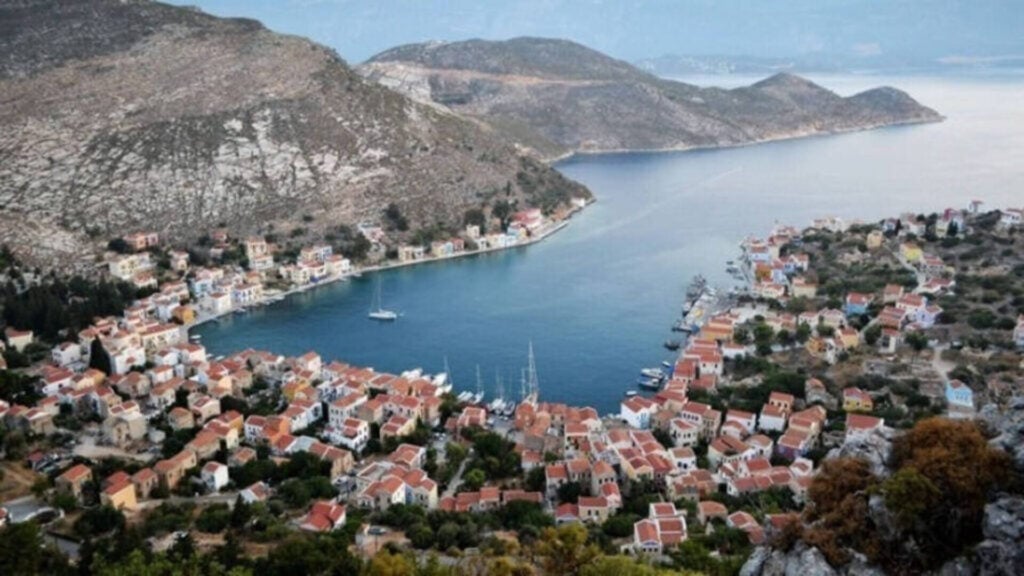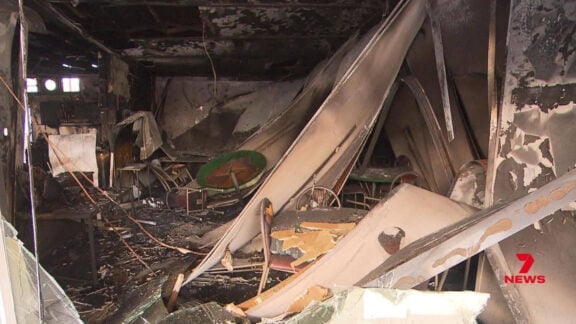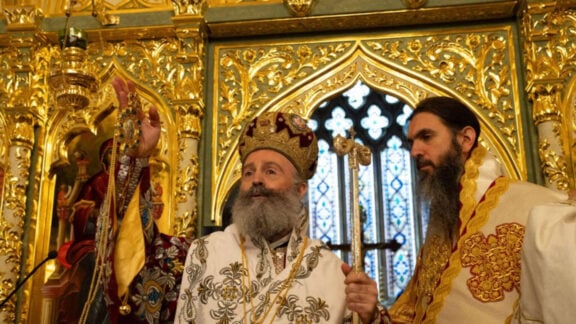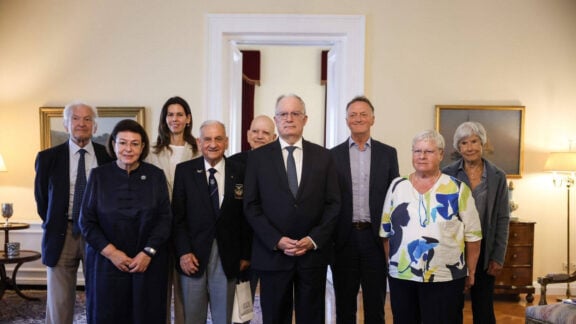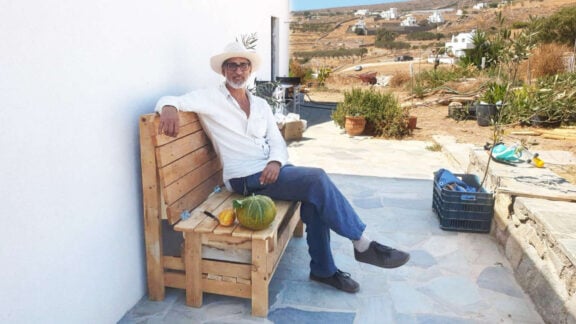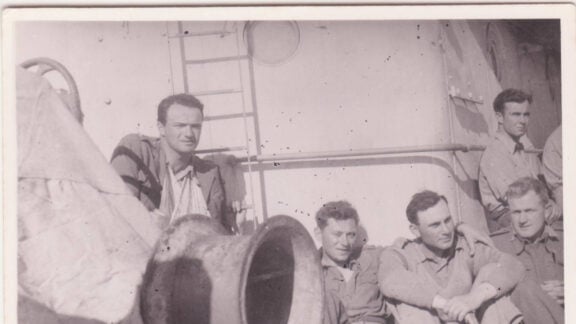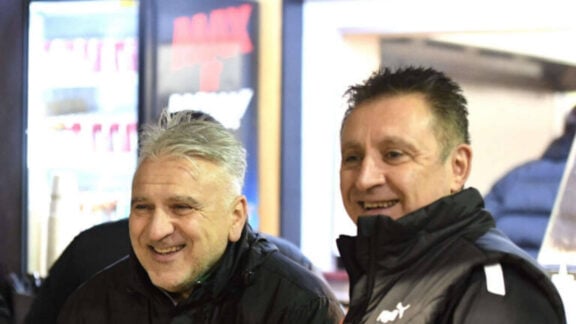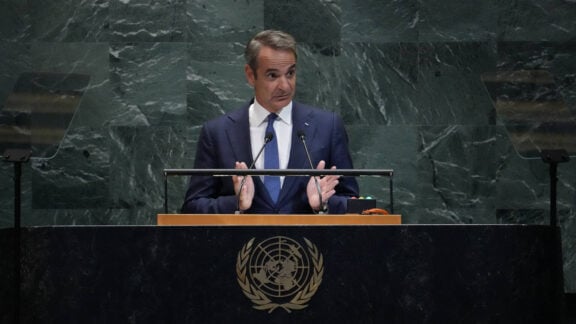The Greek diaspora is stepping up efforts to revitalise and protect Greece’s remote border islands, transforming nostalgia for the homeland into concrete initiatives for sustainable development.
At the heart of these efforts is the International Hellenic Association (IHA), which recently held its second “Smart Islands” conference (20–21 September) on Kastellorizo, in collaboration with the municipalities of Kalymnos, Kastellorizo, Kifissia, and the 3B region (Vari, Voula, Vouliagmeni) under the auspices of the Central Union of Municipalities of Greece (KEDE). The IHA has already launched projects on the islands of Pserimos, Gavdos, and Kastellorizo, aiming to counter depopulation and create conditions for growth.
“From the ends of the earth, Greeks abroad, with undying memory and love for their homeland, are turning nostalgia into rebirth and a guarantee of life for Hellenism’s borders,” said IHA honorary president Evangelos Rigos in comments to the Athens–Macedonian News Agency (AMNA).
Diaspora voices from Australia and the US
The Kastellorizo conference brought together prominent Greek-Americans and Greek-Australians, including IHA president Nina Gatzoulis, a university professor and former head of the World Pan-Macedonian Associations, IHA secretary Dr Athanasios Sarantopoulos of Webster University Athens, and former IMF official Haris Vittas.
Representing the Greek-Australian community were lawyer and former SAE Oceania president Kostas Vertzagias, former president of the Kastellorizian Association, as well as figures such as mathematician and museum founder Pantazis Choulis, and English professor Despina Dalmaris, a past secretary of Greek-Australian associations.
Dalmaris described the event as “a groundbreaking and successful gathering that highlighted both the unity of Hellenism worldwide and its deep concern for the crisis facing Greece’s border islands.”
Reviving communities, reopening schools
Speakers noted the challenges of declining populations and shrinking local economies, but also pointed to examples of renewal. On Pserimos, the IHA raised $147,000 USD to reopen the island’s primary school after more than a decade of closure, while also providing scholarships and family support. Similar initiatives have been launched in Gavdos and the Diapontia islands near Corfu, including financial aid to families and infrastructure support.
Kastellorizo itself, once home to 10,000 residents and boasting the world’s highest per-capita ship ownership in the early 20th century, now counts only 500 inhabitants. In contrast, Australia is home to an estimated 20,000–25,000 people of Kastellorizian descent.
“The geostrategic position of Kastellorizo makes its survival vital,” said Vertzagias. “Migration began as early as the 1890s, and while the island has emptied, the diaspora has grown into tens of thousands abroad.”
Looking to the future
The IHA says its work is only beginning. Its leadership emphasised the importance of strong ties between local authorities, scientists, markets, and the diaspora to transform proposals into actionable projects. “This conference is a platform for turning ideas into policies and concrete works for small islands,” said organising committee president Theodoros Spathopoulos.
IHA president Nina Gatzoulis added: “This is the spark for continuing the great effort to develop our border islands. The diaspora has always stood by Greece, whether through AHEPA’s support during fires and floods, or Pan-Macedonian fundraising for hospitals and ambulances. The next generation must feel that connection too.”
The IHA’s latest projects include funding for hybrid high schools in remote islands such as Pserimos, Gavdos and Arki, and new initiatives to expand Greek-language learning globally through both classrooms and online lectures.
For 90-year-old Rigos, the association’s veteran figurehead, the mission is clear: “By uniting the strengths of Hellenism at home and abroad, we breathe life back into small islands, keeping both the borders and the soul of Hellenism alive.”
